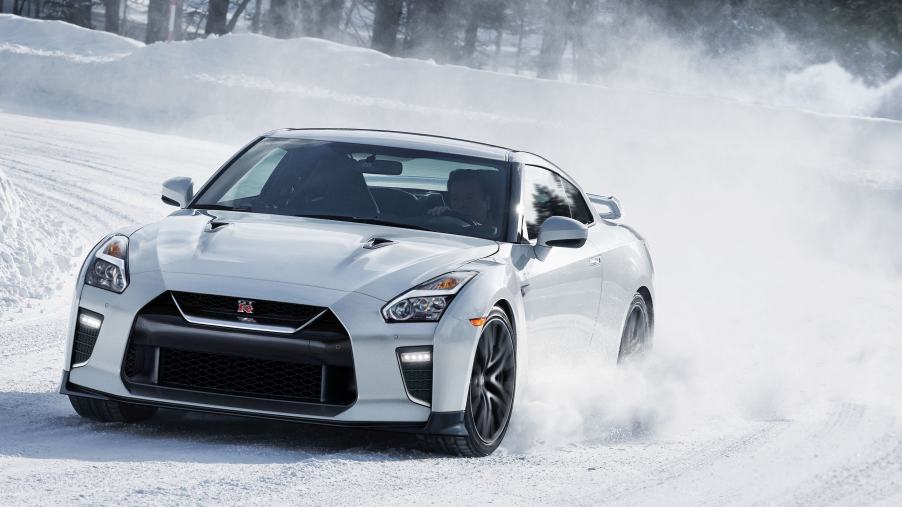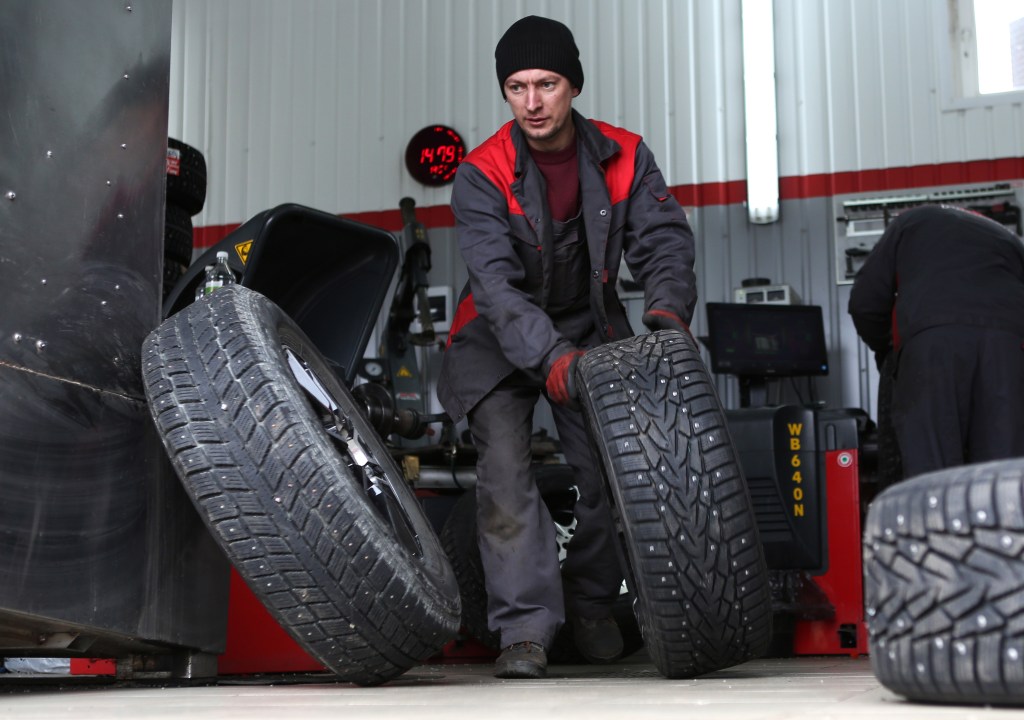
Do You Need Winter Tires if Your Car Is All-Wheel-Drive?
No matter which way you look at it, your car’s tires are the only things that are connecting you to the road that you’re driving on. This means that they are arguably the most important parts of the car, so it’s even more important to get the proper tires depending on the season and not skimp out on them, especially if you live in a state where it snows during the wintertime. But what if your car is all-wheel-drive? Do you still need winter tires?
You need a little more than an all-wheel drivetrain
In case you are unaware, there are three different types of tires that you can buy for your car: Summer, all-season, and winter (sometimes referred to as “snow” tires). And as you can deduce, the summer tires are made for the summertime, winter tires are for the wintertime and when it snows, and all-season tires are made for year-round use. What many consumers fail to realize is that the rubber that sticks your car to the ground is far more important than the type of drivetrain that your car has.

Jalopnik put this theory to the test as one of their editors took his 600-hp Audi RS3 to the mountains in Colorado in order to test out two different sets of tires; a set of Continental ExtremeContact all-season tires and a set of Continental VikingContact 7 tires. Can you guess how each one fared on the icy course? Let’s just say that the winter tires operated as you want them to on the slippery surface, while the all-season tires didn’t grip nearly as well. Check out the full video below:
Summer tires and snow don’t mix
As we can see, the renowned Quattro drivetrain that the Audi RS3 has can only do so much with the improper tires at all four corners as the winter tires were the stars of the show. But what happens if you equip a car that’s front-wheel-drive with winter tires and another one that’s all-wheel-drive with summer tires in the snow? Fortunately, the folks over at Tyre Reviews took the guesswork out of the equation with a series of tests.
For this test, they outfitted a front-drive BMW SUV with a set of winter tires and another all-wheel-drive BMW SUV with summer tires. Through a series of tests, which included acceleration from a dead stop, emergency braking, and even a full-on track test, it was clear that the summer tires were almost completely useless in the snow, despite the fact that the SUV had an all-wheel drivetrain. We can’t be too surprised, considering that’s not what summer tires were made for, but if you want to check out that video, here it is:
Is it worth putting winter tires on an all-wheel-drive vehicle?
According to Les Schwab, all-wheel-drive is helpful when accelerating on a slick road, especially from a dead stop, but it won’t help much when it comes time to brake or turn. Having an all-wheel-drivetrain is great for when you need to accelerate through deeper snow, but it’s not a substitute for winter tires.
That being said, if you have an all-wheel-drive vehicle and only visit a snowy place once or twice a year, then you could most likely get away with using all-season tires along with chains (when needed). However, if you live in an area where it snows regularly, then consider using winter tires, no matter what drivetrain configuration your vehicle has.



